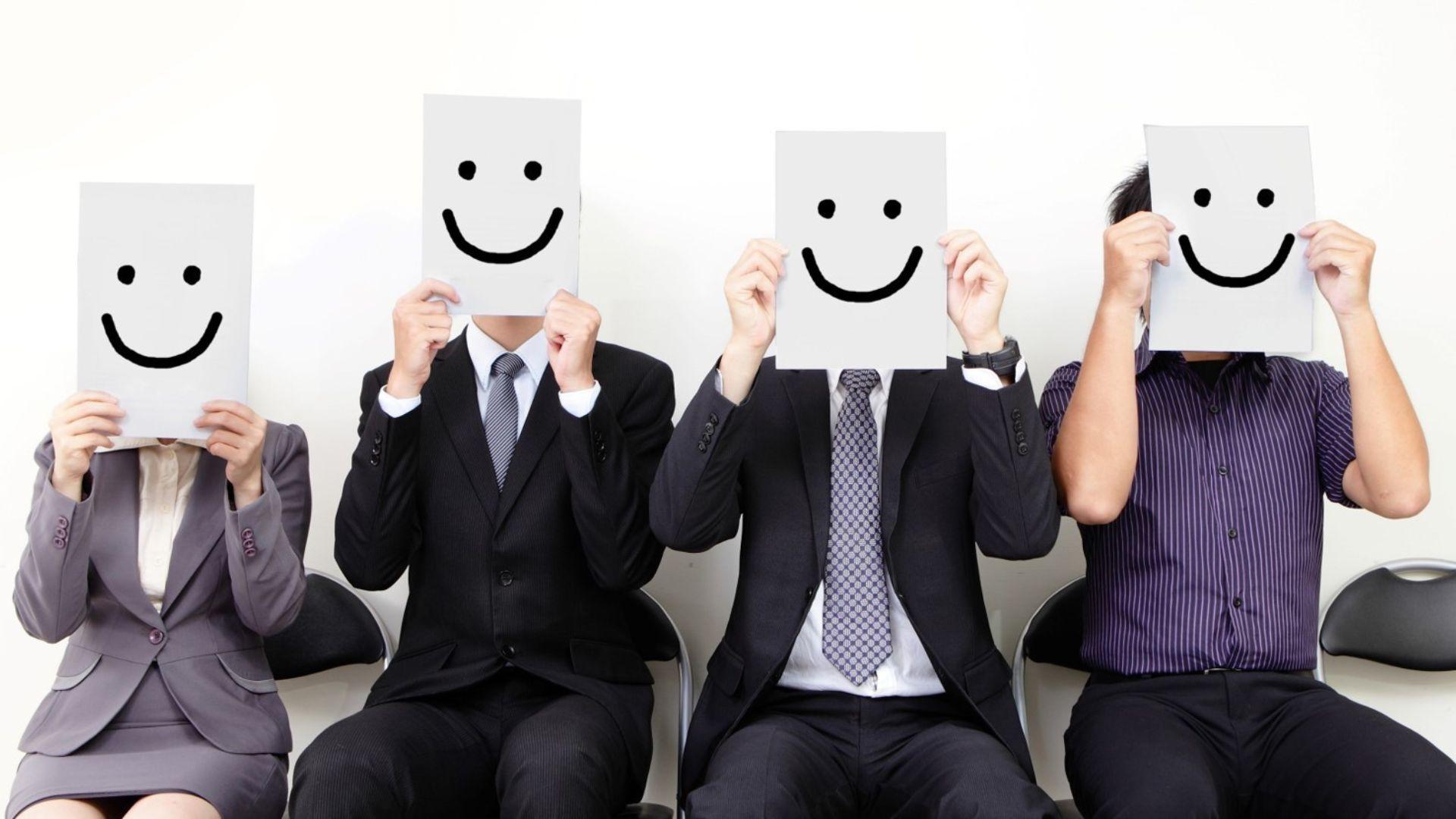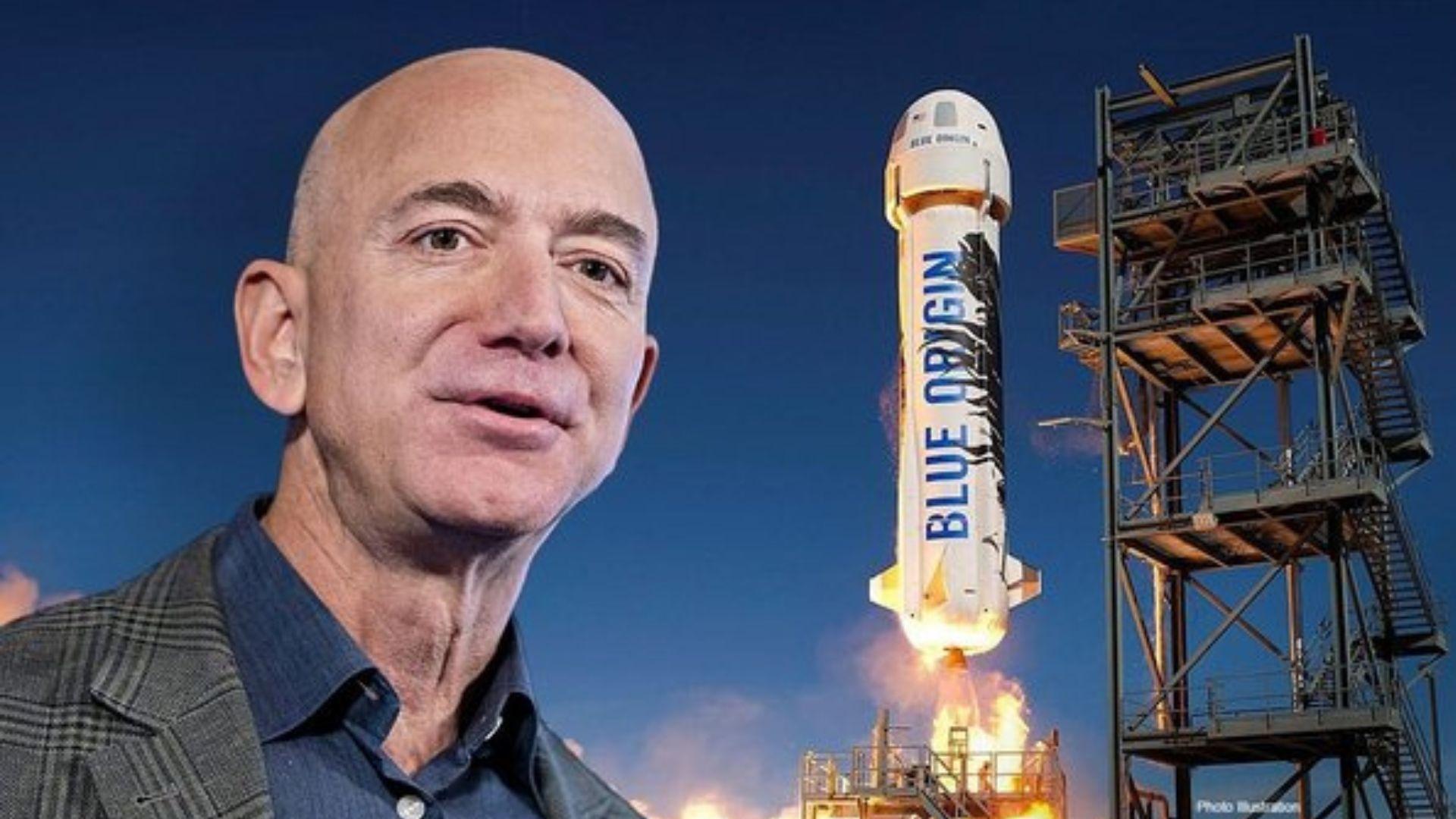Jeff Bezos says that the phrase work life balance is debilitating because it suggests there’s a strict trade off between the two.
Bezos says that in an ideal life there shouldn’t be a balance, it should be a circle with work and life being one and the same thing. He thinks that the phrase harms young workers and is the wrong way to look at things. Instead of ‘work life balance’ Bezos encourages his workers to find ‘work life harmony’.
Response to Gen Z’s Reputation as Lazy

Jeff Bezos comments come as many older people consider Gen Z to be lazy because of their difference in attitude to work compared to earlier generations.
According to an Economist Intelligence report, 83% of Gen Z favor a four-day work week, and most Gen Z workers quietly stop working at five o’clock, refuse to work overtime, or volunteer for tasks (via Business Because). This is in contrast to the Baby Boomer generation who have long been known to put work first before many other aspects of their lives.
The Difference in Attitude Between Generations

Unlike earlier generations, Gen Zers don’t want to work harder to miss out on life. Instead, they want to enjoy what is in front of them before it is too late.
Unfortunately, most of Gen Z is struggling economically as they carry more debt than millennials did at the same age and have higher delinquency rates.This may be part of why Gen Z is one of the unhappiest ever in the workplace.
Another Reason for Unhappiness

According to MetLife executive vice president Todd Katz, another reason for Gen Z’s workplace unhappiness is a result of elevated levels of stress and burnout.
The tech-fueled generation is also feeling more overwhelmed than other generations. Focusing on a work-life balance is how Gen Z is working on their daily joy. Around 62% of Gen Z say they are happy at work, but 65% and 66% of Gen X and millennials are happier.
Workers of all ages continue to live and work below pre-pandemic levels of happiness.
What Gen Z Looks for at Work

“Holistic health” refers to how employees view the quality of their physical, mental, financial, and social health. Gen Z look for more of this than their predecessors.
“I don’t particularly think that [Gen Z] are lazy. I think they just have different things that they expect from work,” Lyle Odendaal, a professor at Sheffield Business School.
“One of those aspects is being able to discuss things that might be sensitive in organizations. And there not being any negative repercussions for bringing opinions into the organization.”
How Bezos Disagrees

Bezos has explained how he works best when he’s happy both at home _and _at work. If he’s unhappy in either area, then he feels that his life and his work both falter.
“I find that when I am happy at work, I come home more energized,” Bezos stated. “I’m a better husband, a better dad, and when I’m happy at home, I come in a better boss, a better colleague.”
We Should All Find a Way to be Happy at Work

Bezos has claimed that people need to find some way to be happy at work — even if they’re not fully happy _all _of the time. After all, a little bit of happiness can still go a long way.
In 2020, Bezos explained, “The truth is, everything comes with overhead. That’s reality. Everything comes with pieces that you don’t like,” he said. “If you can get your work life to where you enjoy half of it, that is amazing. Very few people ever achieve that.”
Gen Z has Time to Change

While Gen Z likely isn’t going to fully change their ideals of having a work-life balance, the generation as a whole still has time to change as they get older and become more accustomed to the workforce.
The generation as a whole is slowly becoming happier as we move further away from the pandemic. Workplace happiness for Gen Z is linked to upticks in things like job loyalty, satisfaction at work, level of engagement.
Competing Strains

As Gen Z grows into adulthood, however, they have more to contend with than older generations.
Gen Z has been dealing with burnout and mental health issues more than any other generation. With high inflation, sky-rocketing cost of living, and spending an average of four hours on social media per day, Gen Z is one of the unhappiest generations.
Employers Can Help Workers Feel Happier

That work-life balance Gen Zers are searching for is not a crunch or a “debilitating” phase but is a refocus on the value of life.
Although older generations may be tempted to view this prioritisation as ‘lazy’, perhaps all generations have something to learn from each other as society seeks to become more balanced amid the stresses of 21st century life in a changing world.

